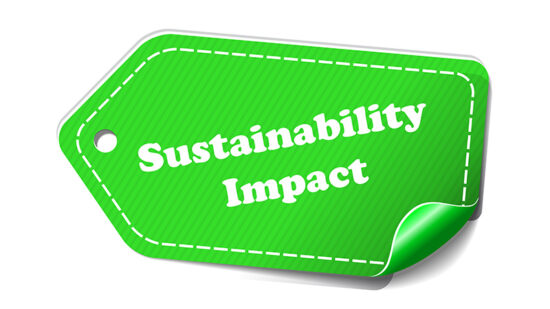"It seems almost every bit of data about the health of the US economy has disappointed expectations recently", Riddell says, pointing to a curtailment of an improving trend in jobless claims, a 5% year-on-year fall in US house prices, disappointing manufacturing surveys from across the country, US GDP figures that were not revised upwards as anticipated and other factors in the past ten days alone.
"The string of disappointing economic data can be captured in the Citigroup Economic Surprise Index for the United States," he suggests.
"The sharp swing from positive territory at the beginning of this year into negative territory is almost as bad as the collapse in economic data that began in October 2008".
The manager says the correlation between this index and Treasury yields is "very close", and suggests long-term macro views on inflation should not distract from current data.
"Right now, the economic data is suggesting that however measly you may think a 3% yield is on a ten year treasury, the yield should probably be a fair bit lower given what’s going on in the US economy".
"You’ve also got to wonder at what point the markets for risky assets start noticing too. QE3 anybody?".







